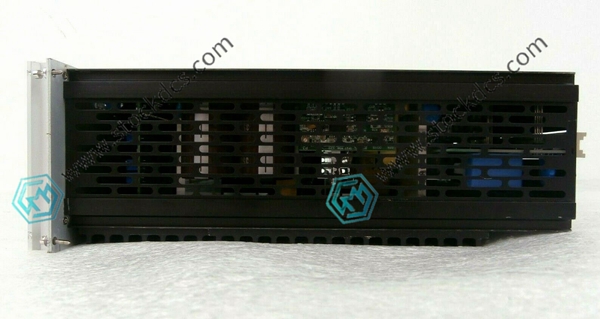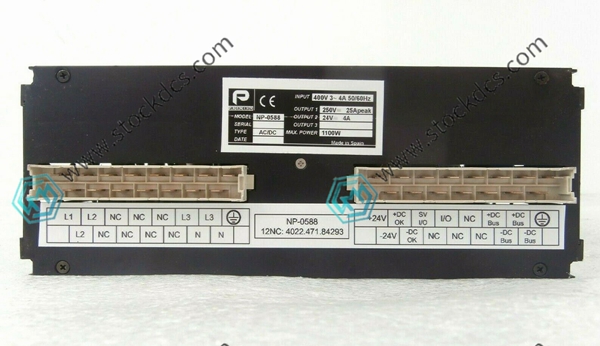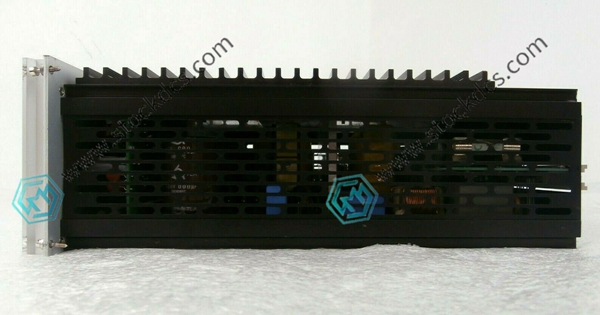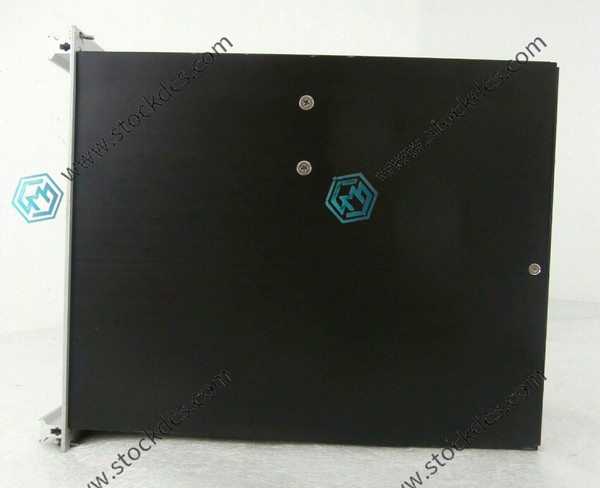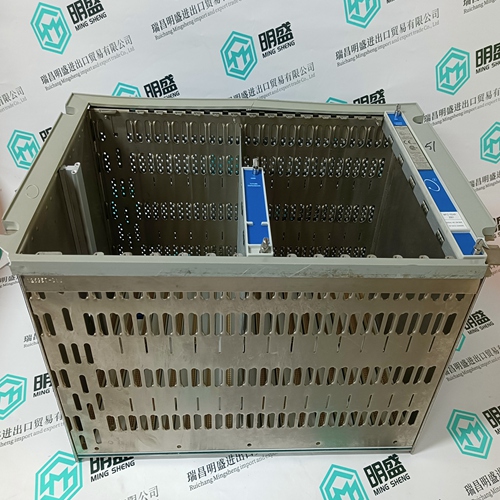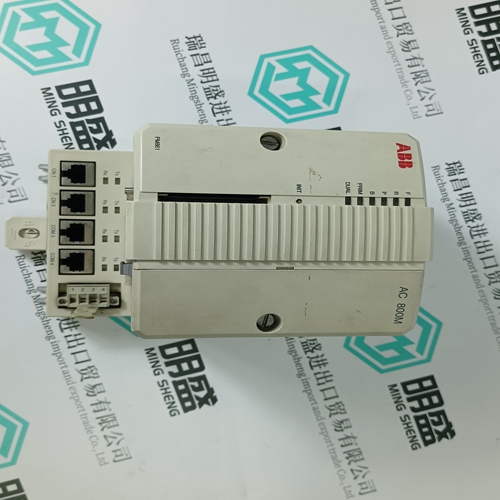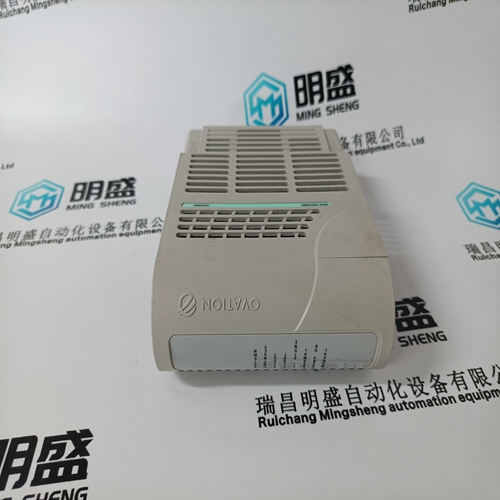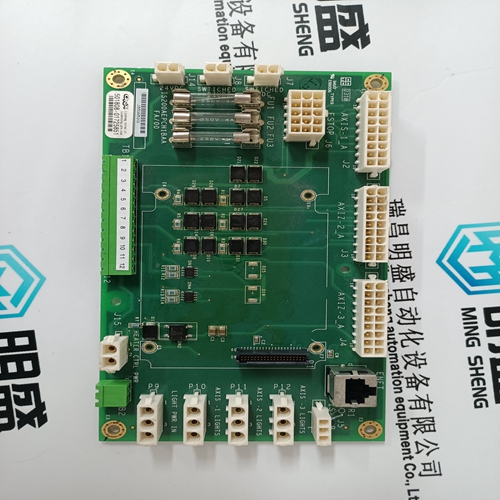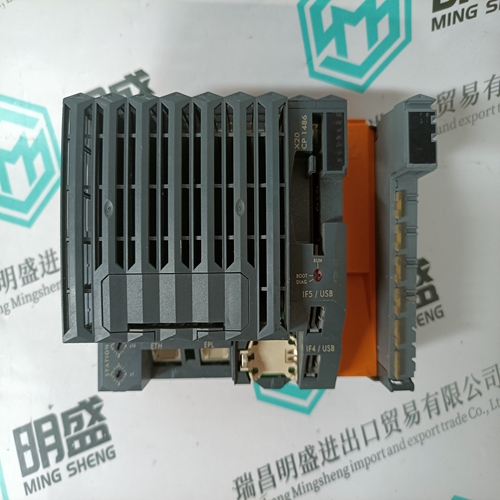Home > Product > ASML 4022.471.84293 Terminal Server
ASML 4022.471.84293 Terminal Server
- Goods status: new/used
- Delivery date: stock
- The quality assurance period: 365 days
- Phone/WhatsApp/WeChat:+86 15270269218
- Email:xiamen2018@foxmail.com
- Tags:4022.471.84293
- Get the latest price:Click to consult
ASML 4022.471.84293 Terminal Server
Product Details Introduction
ASML 4022.471.84293 Terminal Server is a network device typically used for centralized management and provision of access to terminal devices such as computers, terminals, and mobile devices. It allows users to connect to remote servers through the network and perform various tasks and operations. The following is basic information about terminal servers:
Remote access: ASML 4022.471.84293 terminal server allows users to connect to the server from remote locations through the network. This type of connection typically uses protocols such as SSH (Secure Shell) or other remote desktop protocols.
Terminal Services: Terminal servers provide terminal services that enable users to execute commands and operations on remote computers, just as if they were directly on the local computer.
Virtualization technology: Some terminal servers use virtualization technology, allowing multiple users to share the same physical server simultaneously. This improves resource utilization and simplifies management.
Security: Terminal servers typically have powerful security features, including encrypted communication, authentication mechanisms, access control, etc., to ensure the security of remote connections.
Session management: Terminal servers can manage multiple user sessions and provide functions such as disconnecting and reconnecting sessions, so that users can continue their work after disconnecting.
Maintenance and monitoring: Terminal servers typically have monitoring and management tools that allow administrators to monitor system performance, diagnose problems, and perform necessary maintenance operations.
Application scenarios: Terminal servers are widely used in enterprises, data centers, cloud computing environments, and various scenarios that require remote device management and maintenance.
Scalability: Terminal servers should have good scalability to meet the growing needs of the organization. This may include supporting more users, more sessions, and more hardware resources.
Protocol support: Terminal servers typically support multiple remote connection protocols to adapt to different terminal devices and network environments.
Operating system support: Terminal servers are usually compatible with multiple operating systems, including Windows, Linux, and more.
Product image
ASML 4022.471.84293 Terminal Server is a network device typically used for centralized management and provision of access to terminal devices such as computers, terminals, and mobile devices. It allows users to connect to remote servers through the network and perform various tasks and operations. The following is basic information about terminal servers:
Remote access: ASML 4022.471.84293 terminal server allows users to connect to the server from remote locations through the network. This type of connection typically uses protocols such as SSH (Secure Shell) or other remote desktop protocols.
Terminal Services: Terminal servers provide terminal services that enable users to execute commands and operations on remote computers, just as if they were directly on the local computer.
Virtualization technology: Some terminal servers use virtualization technology, allowing multiple users to share the same physical server simultaneously. This improves resource utilization and simplifies management.
Security: Terminal servers typically have powerful security features, including encrypted communication, authentication mechanisms, access control, etc., to ensure the security of remote connections.
Session management: Terminal servers can manage multiple user sessions and provide functions such as disconnecting and reconnecting sessions, so that users can continue their work after disconnecting.
Maintenance and monitoring: Terminal servers typically have monitoring and management tools that allow administrators to monitor system performance, diagnose problems, and perform necessary maintenance operations.
Application scenarios: Terminal servers are widely used in enterprises, data centers, cloud computing environments, and various scenarios that require remote device management and maintenance.
Scalability: Terminal servers should have good scalability to meet the growing needs of the organization. This may include supporting more users, more sessions, and more hardware resources.
Protocol support: Terminal servers typically support multiple remote connection protocols to adapt to different terminal devices and network environments.
Operating system support: Terminal servers are usually compatible with multiple operating systems, including Windows, Linux, and more.
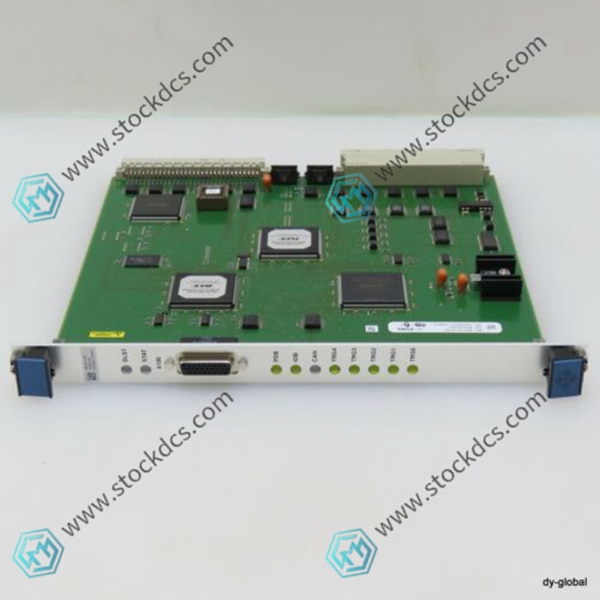
Related products:
ASML 4022.634.11742 Transport Power Unit
ASML 4022.436.71413 Speed Drive Simulati
ASML 4022.634.07922 Printed Circuit Boar
其他网站链接
ABB SCYC51020 58052582G 脉冲控制板卡
